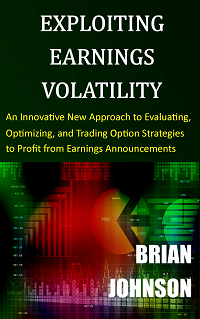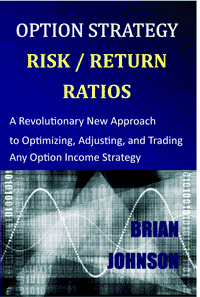Categories
Archives
AI Volatility Edge E-Subscription
OIS Universal Filter E-Subscription
Brian Johnson’s Books
Trader Edge Affiliates
Recent Posts
Recent Comments
- Brian Johnson on Trading Option Volatility Featured in Stocks & Commodities Magazine
- John C on Recession Model Forecast: 10-1-2022
- Recession Model Forecast: 10-1-2022 | Trader Edge on New AI Volatility Edge Platform
- Steve Ginn on Trading Option Volatility Featured in Stocks & Commodities Magazine
- John C on Recession Model Forecast: 03-01-2022
Author’s LinkedIn Profile
Affiliates
Resources
Blogroll
- Abnormal Returns
- Algo Dude
- Chart Swing Trader
- CSS Analytics
- Don't Fear The Bear
- DShort.Com
- Dynamic Hedge
- FactorWave
- Intelligent Trading
- MarketSci Blog
- My Simple Quant
- Nightly Patterns
- NovelInvestor.com
- NYC Trader
- Only VIX
- Option Pit
- Quantifiable Edges
- Quantivity
- Quantocracy
- QUSMA
- Six Figure Investing
- System Trader Success
- The Capital Spectator
- The Relativity Report
- Traders Blog
- Trading the Odds
- Tyler's Trading
- Vix and More
- Volatility Futures & Options
- World Beta
- Zen Trader
Meta
Disclosure
Trading Insights, LLC receives compensation for purchased made through affiliates above.Limitation of Liability
Under no circumstances, including but not limited to negligence, shall Brian Johnson and/or Trading Insights, LLC be liable to you for direct , indirect, incidental, consequential, special, punitive or exemplary damages. Please read the Disclaimer & Terms page in its entirety.
Tag Archives: overbought
Extreme Divergence: Earnings and Equity Prices
Earnings are the ultimate driver of stock prices and the divergence between earnings expectations and equity prices has become even more extreme. Given that the market is technically overbought, implied volatility is extremely low, the CBOE Skew Index is over … Continue reading
Q4 2012 Earnings Preview
Earnings season is here again, which provides a timely reminder that earnings are the ultimate driver of stock prices. The following article explores the recent trend in equity prices and earnings estimates.
The Secret Weapon of Technical Analysis
The vast majority of technical indicators perform a computation on the price or volume of an individual security. While these indicators can provide valuable insights, most traders ignore the most effective type of technical indicators.
Posted in Economic Indicators, In-Depth Article, Market Timing, Risk Management, Strategy Development, Technical Analysis
Tagged advance decline line, market breadth, market cycle, market reversal, moving average, overbought, oversold, percent bullish, technical analysis, trend following
24 Comments













Earnings-Price Divergence Always Followed by Negative Returns
I recently wrote about the extreme divergence between earnings and equity prices, but did not have access to comprehensive historical earnings data until recently. In the article above, I referenced the past few years of earnings data, which was provided … Continue reading →